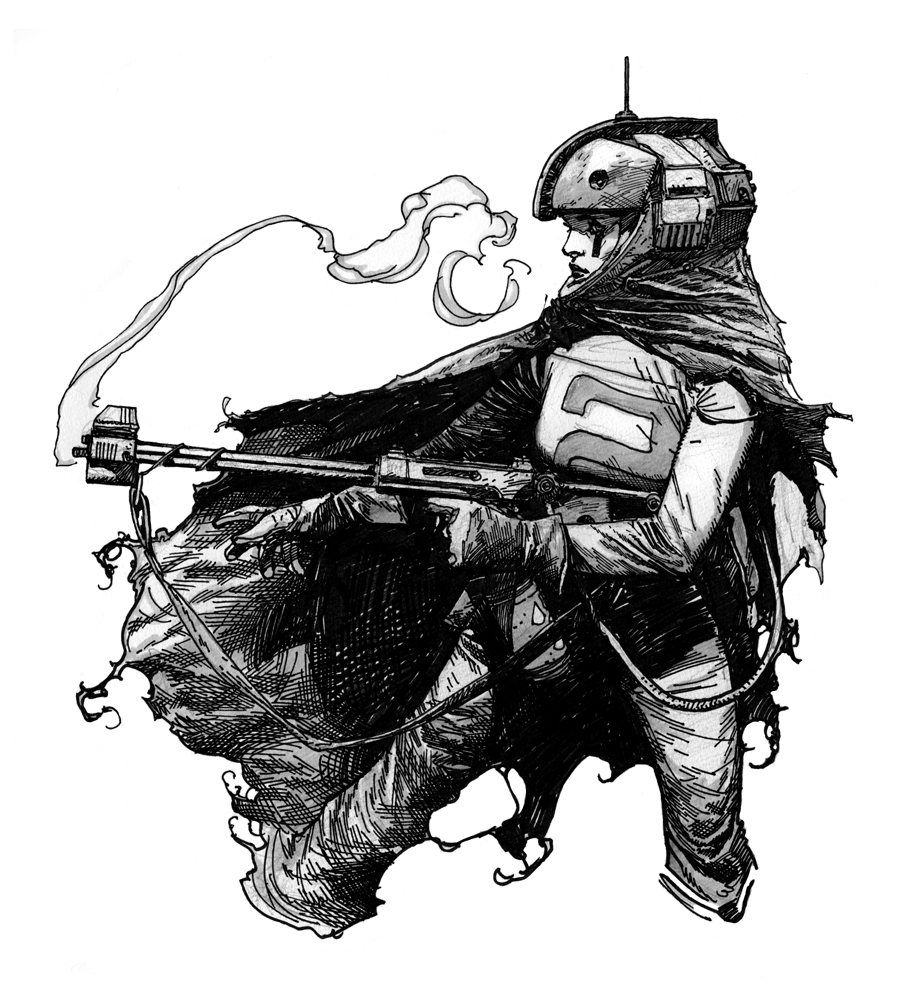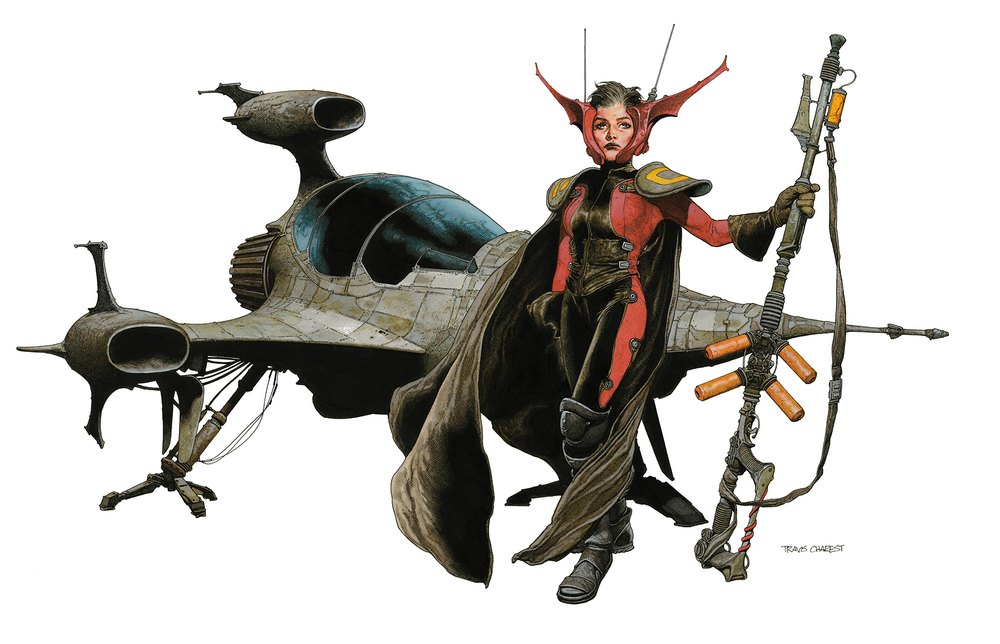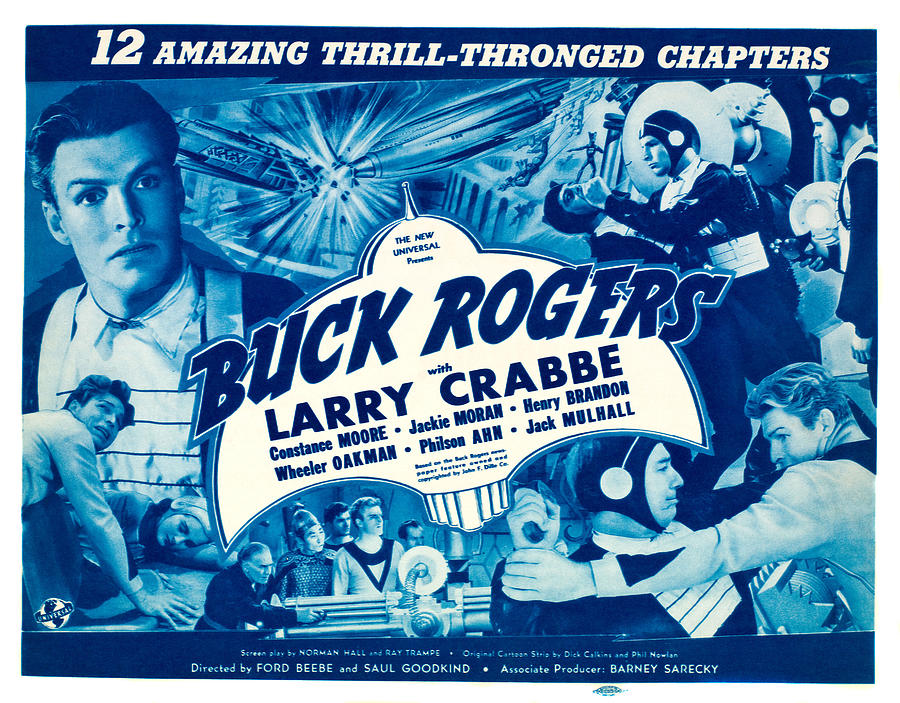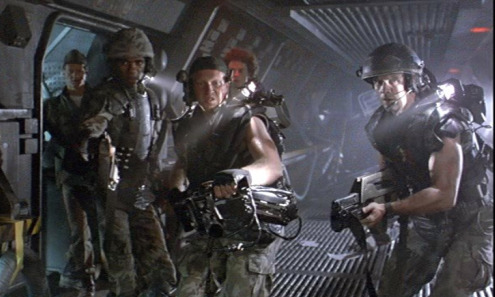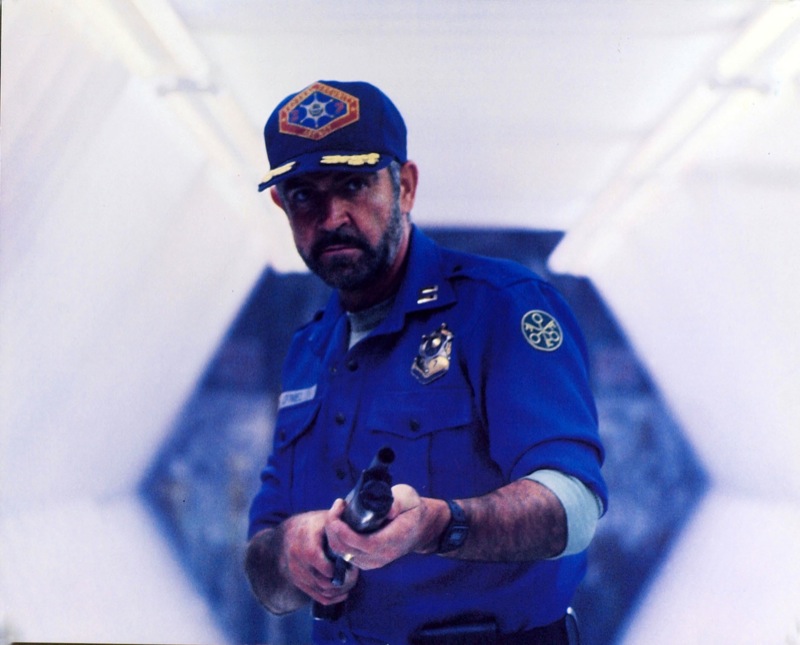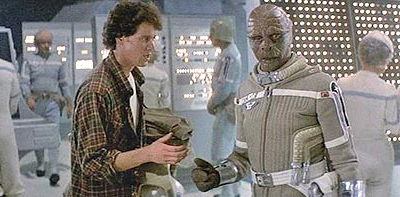Folding space appeals to me. There is an Origin point and a Destination point. We can consider those in the same plane. Imagine that piece of paper folded so the two points touch. Jump the small distance on one point to the other - boom - interstellar travel. So goes the standard metaphor.
But folding space should be hard. Instead of making the points 'touch', let's just shorten the distance by curving space - put a slight curve in the plane.
To travel along this shorter curve, and not the full, long, scenic, realspace path, you exit realspace and enter a new type of space - "fold space. In the lower right of the image below, this is the region around D.
Fold space is kind of like skimming through real space, you're not in realspace, but you're right next to it. Some things would precipitate you out of fold space: large masses (stars), black holes, quasars, fold drive failure, etc. The better your fold drives, the greater a mass you can ignore.
I think I'd like ships in fold space to be detectable at the destination, or along the way, by ships or sensors in fold space. For example: a sentry ship (or really a station or automated fold space buoy or something), who totally aren't pirates at all, enters fold space and monitors for inbound ships. Incoming ships detected, take notes, back to real space and broadcast a warning
Change destination while in fold space? Or fold, drop, realign, fold, repeat?
Is this just the Star Wars system?
Is this metaphor helped by the idea of a Holographic Universe? Sure. Why not?





